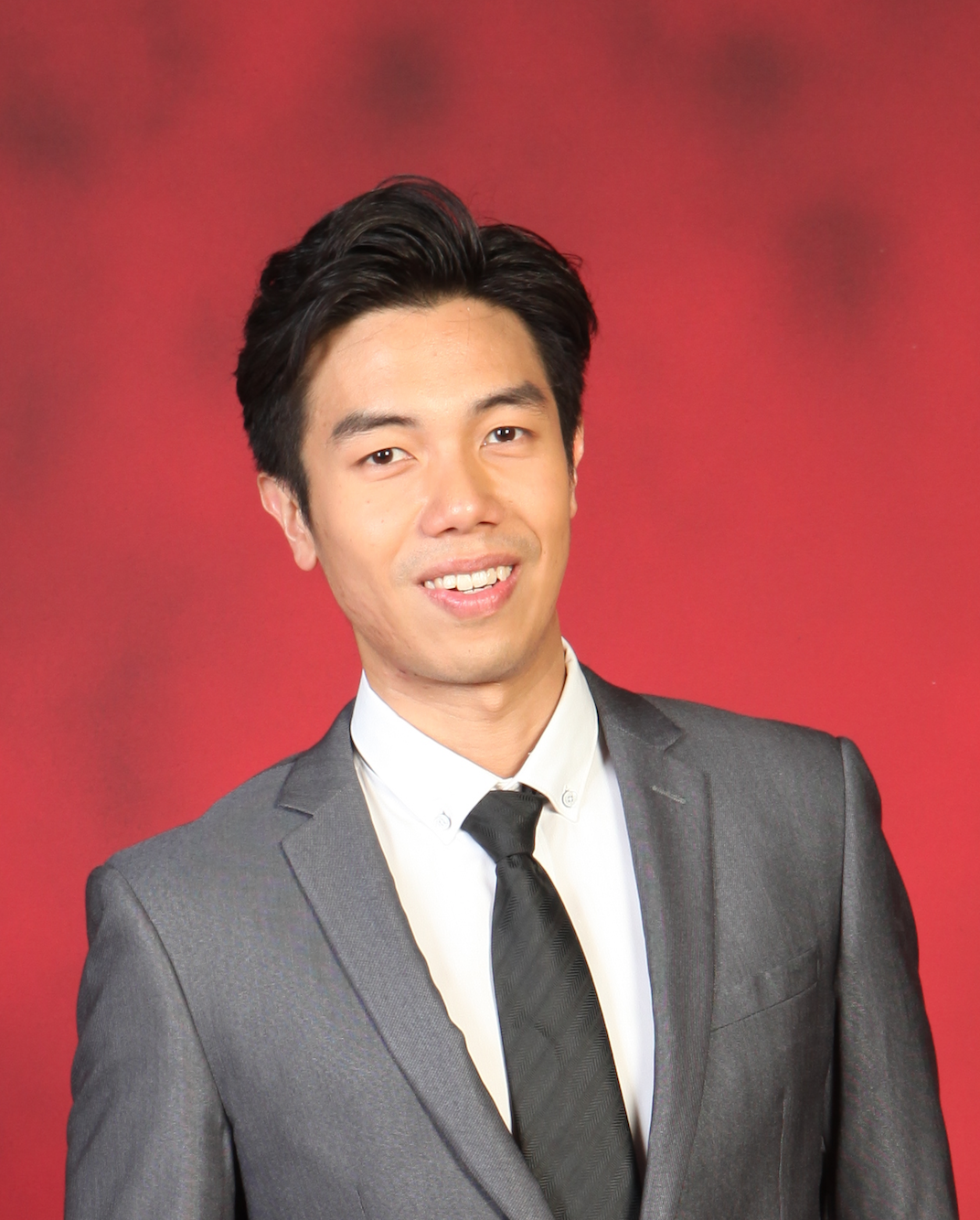The 19th International Joint Conference on Computer Science and Software Engineering (JCSSE 2022)
Keynote Speakers

Machine Learning for Detecting Code Smells
Prof.Marcello M. Bonsangue
Leiden Institute of Advanced Computer Science (LIACS) of Leiden University, The Netherlands.
Biography
Marcello Bonsangue is full professor in Computer Science, in the area of Systems Modelling and Analysis, at the Leiden Institute of Advanced Computer Science (LIACS) of Leiden University, in the Netherlands. He got his PhD in 1996 at the Free University, Amsterdam, the Netherlands University, and has been research fellow of the Royal Netherlands Academy of Arts and Sciences from 2001 to 2006. In the period 2017-2020 he has been Visiting Professor at Xi’an Jiaotong University in China. Currently, he is the head of the Theory Cluster at LIACS. Since 2016, he is the Director of Education and member of the management team of LIACS.
His research interest lie in the theoretical foundations of computer science, especially on the use of formal methods to better understand, model, and trust today's software systems. He has been the principal investigator of several national and international projects, winner of international awards, coauthor of more than 125 international publications, and supervisor of 11 PhD students, of whom two graduated cum-laude. He is member of the board of the Dutch PhD School on Programming Research and Algorithmics (IPA), of the Dutch association on promoting Software Engineering (VERSEN) and member of the scientific advisory board of the International Joint Lab of Trustworthy Software, led by East China Normal University.
He is currently visiting the Asian Institute of Technology in the context of the Erasmus+ Capacity Building Higher Education project on developing curricula for master programmes in Data Science and Artificial Intelligence in Indonesia, Sri Lanka, and Thailand.
Abstract
download slideSoftware systems are increasingly pervasive in today world, influencing all activities and processes in which businesses operate. The development of large software systems is a complicated process involving many design and implementation decisions, which if poorly done increases fault proneness and code complexity and reduces software system maintainability. Code smells are properties of software that may indicate the presence of such flaws in its design or some poor implementation choices. Differently from a bug, code smells do not necessarily affect the technical correctness of a program, but rather they may be interpreted as symptoms of the bad quality of a software system. Due to the subjectivity of their definition, detection of code smells, and the associated code refactoring to eliminate them, are non-trivial tasks. The manual detection process requires tremendous efforts and is infeasible for large-scale software. In this talk, we will present how machine learning can help in automatically detecting of code smells to overcome some of the challenges software developers are facing in the design of correct software. The talk is based on joint work with Chitsutha Soomlek (Khon Kaen University) and Jan N. van Rijn (Leiden University).

Quantum-inspired Computation for Optimization and Supervised Machine Learning
Dr. Thiparat Chotibut
Chula Intelligent and Complex Systems Lab, Chulalongkorn University
Biography
Thiparat is a theoretical and computational physicist at the Department of Physics, Faculty of Science, Chulalongkorn University. He is the head of Chula Intelligent and Complex Systems (CHICS) research unit, and a Chief Global Officer/co-founder of Quantum Technology Foundation (Thailand). He works at the intersection of physics and computer science, formulating and developing theoretical concepts and computational software to solve problems in science and mathematics. The current focus is on the analysis and the design of quantum machine learning as well as optimization algorithms through the lens of computational neuroscience, statistical physics, and many-body quantum physics.
Thiparat completed his PhD in theoretical physics at Harvard, published in Physical Review journals, ICML, NeuriPS, AAAI, and hold various visiting scholar positions, including at the Kavli Institute for Theoretical Physics (KITP), and at the Niels Bohr Institute in Copenhagen. While he enjoys working on fundamental research stimulated by intellectual curiosity, he is also strongly attracted to meaningful applied research driven by societal needs.
Abstract
Although fault-tolerant quantum computation theoretically promises revolutionary benefits for computational science, the hardware development of a scalable fault-tolerant quantum computer is still in its infancy. In this talk, we will demonstrate near-term benefits of quantum or quantum-inspired computation from our two recent works [1-2]. First, using Quantum Alternating Operator Ansatz (QAOA), an algorithm that can be implemented on a near-term quantum device or simulated on a digital computer, we solve a realistic large-scale financial optimization problem experienced by a Thai bank. We show that the presence of the QAOA can improve the expected net profit returned to the bank (in a loan collection problem) by approximately 70%, compared to when the QAOA is absent from the algorithm [1]. Secondly, we discuss the benefits of quantum-inspired approaches in supervised machine learning. In particular, we recast a sentiment analysis problem with a recurrent neural network (RNN), which is difficult to analyze due to intrinsic nonlinearities, as an equivalent problem using a quantum tensor network, which can be efficiently and more easily analyzed on a digital computer. Using an entanglement entropy as a proxy for information propagation, we show that, contrary to a common belief that long-range information propagation is the main source of RNNs’ successes in sentiment analysis, single-layer RNNs harness high expressiveness from the subtle interplay between the information propagation and the word vector embeddings [2]. Our work sheds light on the phenomenology of learning in RNNs, using tools from many-body quantum physics.
